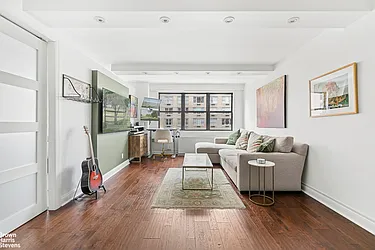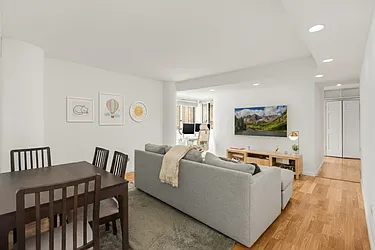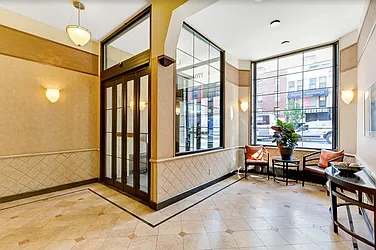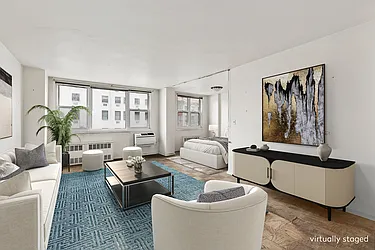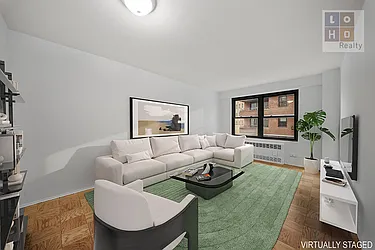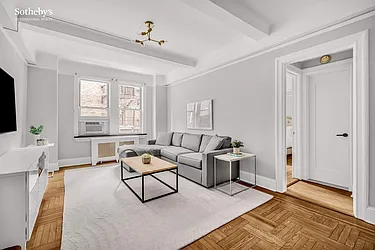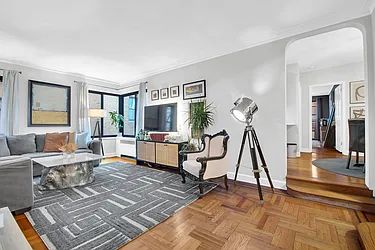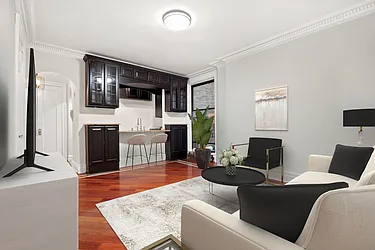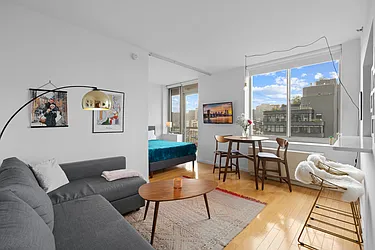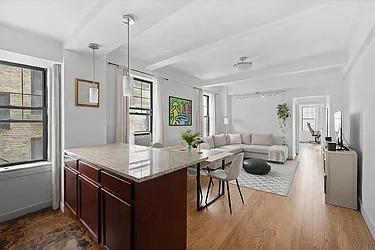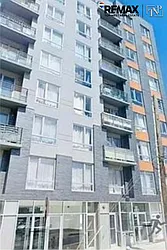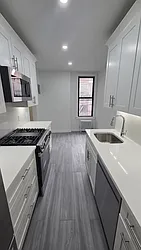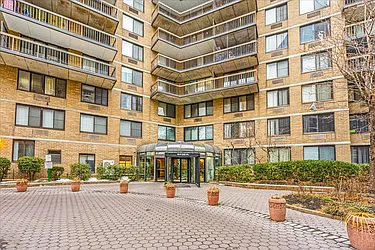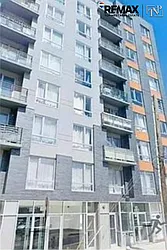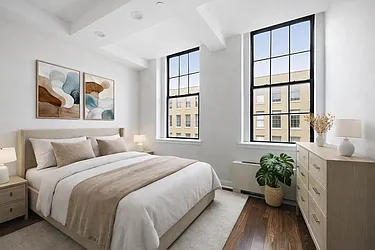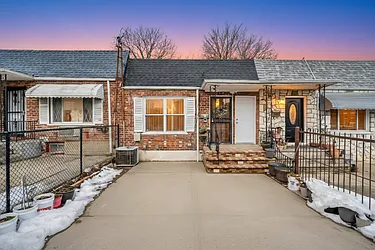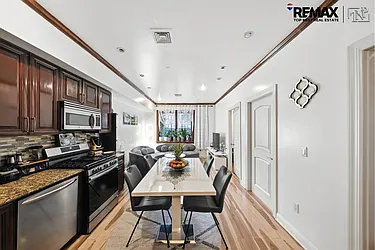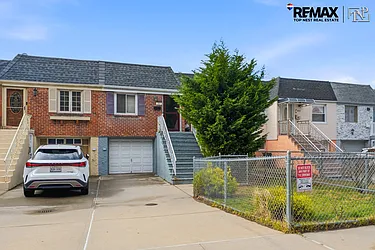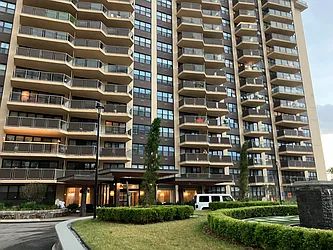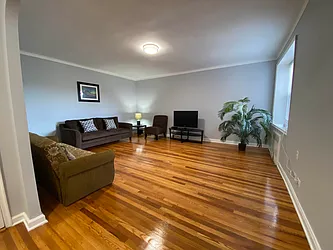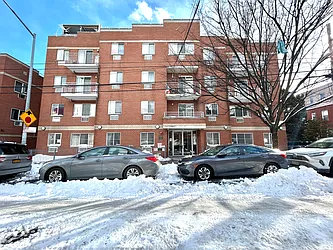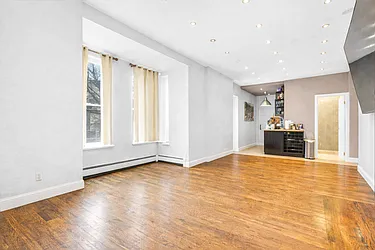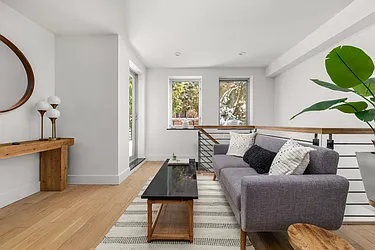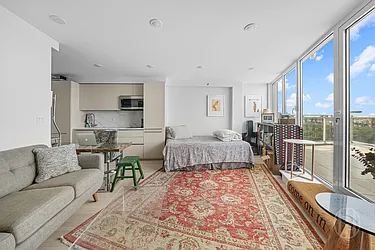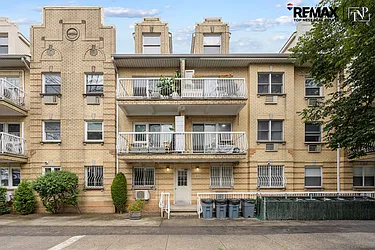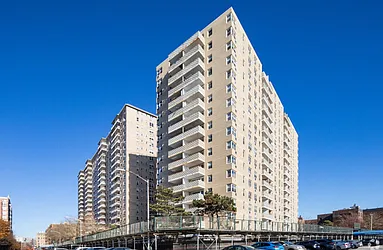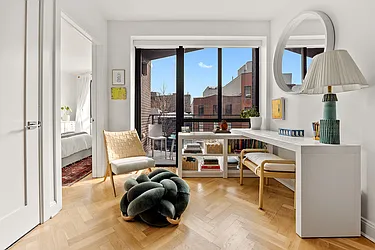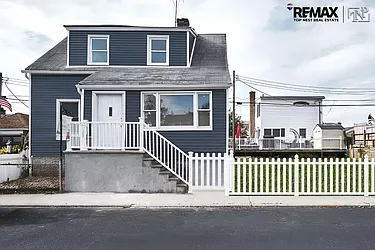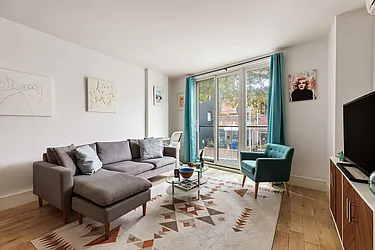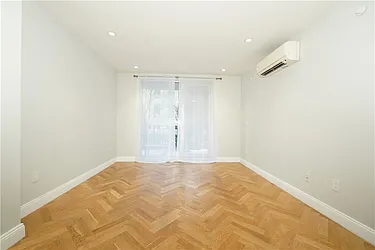How to Sell Your NYC Home
Owning an apartment in New York City is a dream for many. However, when it comes time to move on, your NYC co-op board can turn selling a home into a nightmare. It happened to me — and here’s my biggest lesson learned: The most crucial step for selling a co-op starts before you even begin thinking of selling. Here’s my story.
I’d expected the sale of my apartment to go smoothly since real estate runs in my veins. As the daughter of a retired broker, I’d grown up attending open houses with my mother, helping her compile comps, and learning how to stage a home. To this day, my idea of fun is to scan real estate listings. So I knew all the things you needed to do to ensure the best possible offer on your home, which I proceeded to check off my list.
Manhattan Homes Under $750K on StreetEasy Article continues below
Prepping a NYC Co-op Apartment to Sell
Arguably, the two most crucial factors when selling a co-op home in NYC are price and condition. Figuring out your home’s estimated market value is a cinch with the StreetEasy Valuation tool. However, boosting your property’s condition takes a lot more work.
The most critical rooms to spruce up are the kitchen and bathroom. Both should be pristine (think sparkling clean, reasonably up-to-date, and no leaky faucets). Why? Because if a buyer walks in and thinks either one needs renovating, the value of your home drops instantly. You don’t have to spend a bundle on updates. A fresh coat of paint can make a huge difference. Fortunately, I’d recently gut-renovated both rooms.
I leased storage to squirrel away excess items. Doing so not only cleans up living spaces but also makes closets look more spacious. You want every inch of your apartment to be Instagram-worthy. So go ahead, hang nice towels, and spackle wall cracks. Here’s a pro tip: Don’t shove things into closets on the day of showing because buyers will peer inside.
I also hired a broker. Sure enough, my agent lined up several buyers who wanted the “premium sneak peek” a week before my first open house. A bidding war ensued. Luckily, every buyer was a quality candidate, so I picked the highest bid and canceled the open house. Easy.
Queens Homes Under $650K on StreetEasy Article continues below
Drama With My NYC Co-op Board
The co-op board rejected my buyers’ application before the interview stage. I didn’t understand. I thought I found the perfect buyers. The couple both earned six-figure salaries and had excellent credit, job histories, and DTI — not to mention robust savings. The selling price was also higher than a more covetable top floor unit that recently sold. But because New York laws protect a co-op board’s privacy, my board was not obligated to divulge its reasons.
So my agent reached out to the second-highest bidder and restarted the process. One evening, a real estate agent I’d seen around the building asked to see my place. Since I shared that same looky-loo curiosity, I was happy to let him in. Shortly afterward, the board rejected my second buyer.
I was at a loss. Why was selling a co-op in NYC so hard? I wrote to the co-op board asking for guidance. I received a letter stating that they couldn’t respond.
Mysterious Letter From a Board Member
Soon after, an anonymous note was slipped under my door to call the newest co-op board member. I rang, and the person confidentially told me some members disliked my agent. But they did like the agent I recently let into my apartment. And their preferred broker claimed he could sell my place for a higher price after seeing it. I pointed out that my apartment was priced higher than any one-bedroom in the building’s history, but he said the board believed their guy could get much more.
I was out of options. Nearly a year had passed. I had to fire my sweet, patient agent and hire the agent who’d sabotaged me. After that, the process with the third buyer was smooth sailing, even though the new agent was only able to sell my unit for a fraction of what he’d promised the board because the appraisals didn’t support it. The board still approved it.
Brooklyn Homes Under 800K on StreetEasy Article continues below
Lessons Learned for Avoiding NYC Co-op Board Drama
Now that I serve on the co-op board of my new building, I can see what I failed to understand back then. I unknowingly contributed to the problem. Here’s the thing, every member on your co-op board is a neighbor. And when it’s time to sell, having a history of neighborly behavior with your board can pay off.
I’d never interacted with anyone on the board before selling my apartment. Sure, I nodded to them in the hallway, but I didn’t attend any parties. However, a disruptive upstairs neighbor, the reason for my selling and who the board refused to investigate, often chatted with the board president and vice president, sometimes inviting them over for cocktails. Since board members are just people, with their own biases and subjective opinions, not taking the time to get to know them worked against me. It is not enough to be a “good, quiet shareholder” — always paying maintenance on time and not being a nuisance or complainer — as I had been for so many years.
Being on the review committee now, I appreciate the agents familiar with our building process, because they help their clients turn in organized and complete applications. Upon reflection, I recall my original agent complaining that the board kept asking for additional information on the purchase application checklist.
An agent who is familiar with your building’s quirks (and deficiencies) is an advantage. Reach out to your NYC co-op board and ask for recommendations, since they may look more favorably upon an application turned in by someone they respect. I confess that I groan when I see applications submitted by specific agents because I know they’re going to be a mess.
Though the process of selling a co-op can seem arbitrary, you can control these key factors: the condition of your apartment, the quality of your buyer, and — not least — your relationship with any board members. Maximizing these will go a long way toward easing the sale of your home.
Disclaimer: StreetEasy Valuation is our estimate for a home’s market value and is not an appraisal. Use it as a starting point to determine your home value and monthly rental price.

